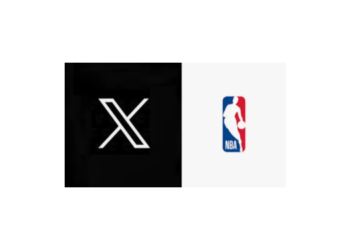Google has recently updated its spam policies and ranking system guidance, focusing specifically on how the tech giant handles sites with substantial amounts of non-consensual explicit imagery and their removal requests. This clarification is part of Google’s ongoing efforts to protect users and enhance the quality of search results.
The update particularly addresses sites that charge for the removal of negative information. Google’s guidance now states that any site exhibiting similar exploitative removal practices will face potential content demotion. This means that a single report about one website could trigger demotions for other sites engaging in similar practices.
Google’s spam policies are integral to safeguarding users and improving search result quality. To appear in Google web search results, content must adhere to these policies, applicable to all web search results, including Google’s own properties.
Google employs both automated systems and human reviews to detect policy-violating content and behaviors. Sites violating these policies may rank lower or be omitted from search results entirely. Google encourages users to report potential policy violations through search quality user reports. These reports aid in refining Google’s spam detection systems.
Google’s ranking systems evaluate numerous factors and signals across billions of web pages and other content to deliver relevant and useful search results. These systems are regularly updated and tested to ensure efficiency and relevance. Google provides updates on these systems to assist content creators and others in understanding changes that might affect them.
This guide aims to help users comprehend Google’s notable ranking systems, including core ranking technologies and systems catering to specific ranking needs. For a deeper understanding of how these systems operate in conjunction with other processes, users can visit Google’s How Search Works site.
For marketers, content creators, and website owners, these updates underscore the importance of adhering to Google’s guidelines to maintain visibility and ranking in search results. The focus on preventing exploitative practices reflects Google’s commitment to delivering a safe and valuable search experience.




















































